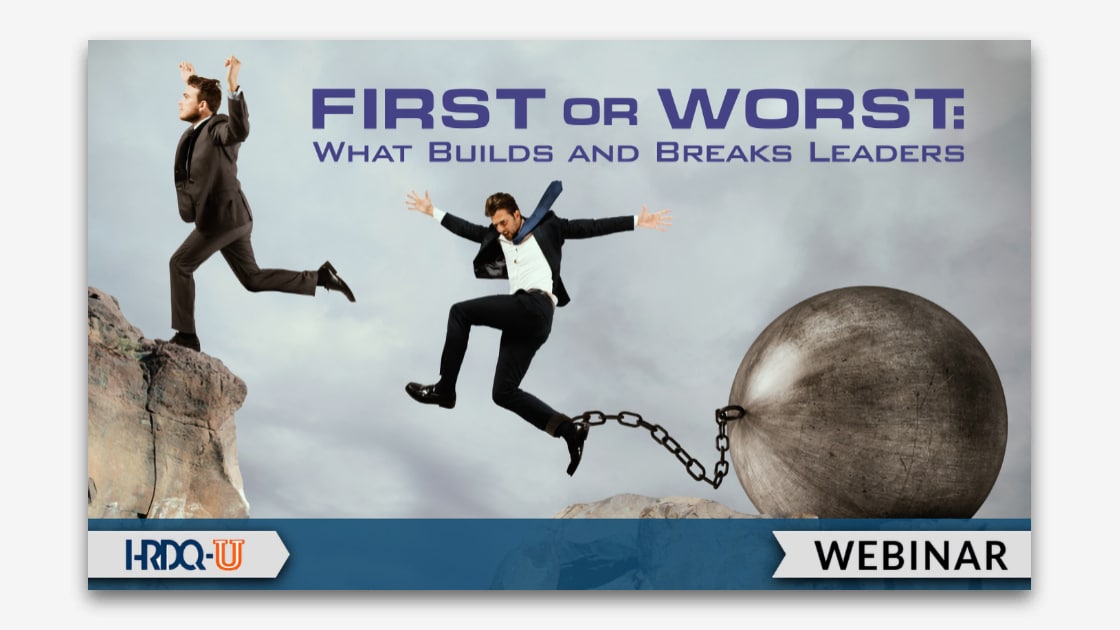When you move into a leadership role, nobody hands you a playbook. Maybe your boss will give you a few leadership pointers. Or, if you’re really lucky, maybe your company will put you through a new leadership school. But the sad truth is, most leaders are left to figure a lot of things out on their own.
It’s strange that more companies don’t invest in leadership development. The returns for doing so are substantial, not just in terms of developing capable leaders, but in terms of employee retention, deepening the company’s bench strength, and lowering overall company risk.
If the company you work for doesn’t invest in leadership development, you shouldn’t resign yourself to being a poor or mediocre leader. Don’t sit back and let out a big sigh and relegate yourself to being a mediocre leader. Instead, take ownership of your own development. You can learn a lot by talking to leaders you admire, reading leadership books, and watching online videos.
Of course, most of what you’ll learn about being a good leader will come from your actual experiences on the job – especially situations that challenge and perplex you. You’ll learn how to get things right by first getting a lot of things wrong.
For over thirty years, I’ve spent thousands and thousands of hours coaching and developing leaders. My company, Giant Leap Consulting, designs, develops, and delivers comprehensive leadership programs for emerging and experienced leaders. Those leaders have taught me a lot about the difference between leaders who succeed and those who don’t. What follows are some of the lessons that are worth knowing if you want to succeed as a leader.
















